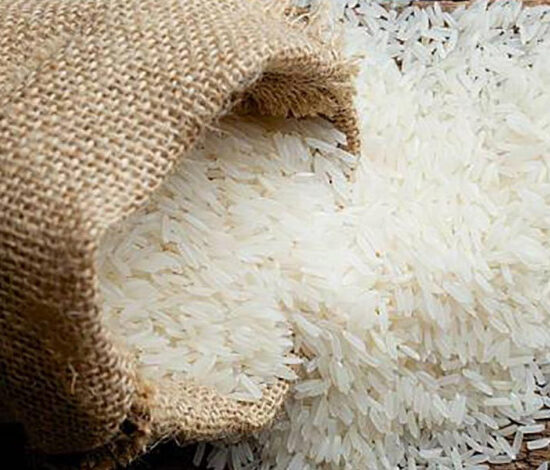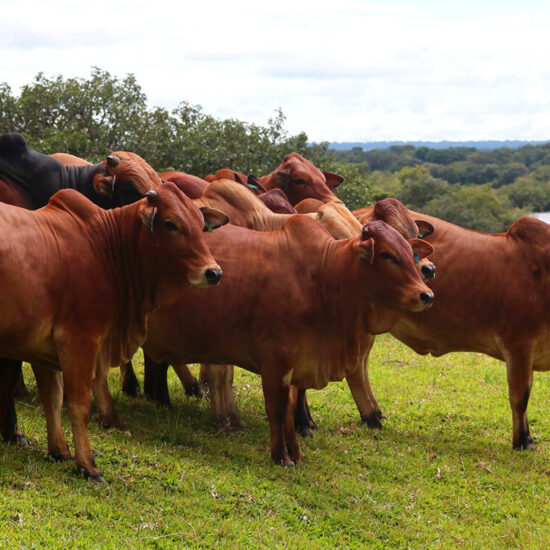
A random survey conducted by the Zambian Business Times – ZBT have revealed that the prices of cooking oil have started coming down in retail outlets by about 10 to 20%. Even those companies that import crude edible oils seem to have also reduced their retail prices in anticipation of the landing of imported cooking oil to protect themselves from losing market share.
And the National Traders of Edible Oils Association says government’s decision to allow the importation of cooking oil is because the local producers admitted that they have no immediate solutions or plans to reduce the high prices of cooking oil on the market.
Association National President Sylvester Kaluwa said the Ministry of Agriculture, the Crushers and Edible Oil Refiners Association (CEDORA) and the Zambia National Farmers Union (ZNFU) among other stakeholders held discussions and agreed on allowing the importation of an initial quota of 9,000 metric tonnes of cooking oil.
Kaluwa said the local processors are unable to buy all the locally available soya beans grown in the country due to their limited crushing capacity. So, the issue here is locally installed crushing capacity which is low. People should understand that the increase in the price of the crude palm that is imported and used in the manufacturing of cooking oil which is currently being retailed is what has led to increased prices. The crude palm oil is imported, and as you know, the Kwacha has depreciated by about 60% within a period of one year.
Speaking in an exclusive interview with the Zambian Business Times-ZBT, Kaluwa said the association’s estimated prices of sunflower cooking oil once brought into the country will range between K300-K400 for a 10 litres container, K270-K300 for a 5 litres container, K170-200 for a 2.5 litres container and K130-K150 for a 2 litres container.
He said these are fare prices considering sunflower cooking oil is expensive and will be imported adding that different types of cooking oil will be brought into the country and should be landed at a price lower than K200.
“Palm oil will also be imported and a 5 litres container will land between K180 and K200. We will bring in soya bean oil, palm olein, palm kernel, canola oil”, he said. He noted that these estimated prices are based on the information the association has concerning the prices of cooking oil in the countries they want to import from and the landing price will determine the price of the cooking oil when brought into the county.
He further said cooking oil that will be imported from countries within the SADC region is likely to be cheaper than the cooking oil that will be imported outside the SADC region. Kaluwa said the imported cooking oil will be cheaper than the locally produced oil but the plan is not to reduce the sales of the locally produced cooking oil adding that local producers were given incentives, which will see them reducing their prices, by about 20%.
Kaluwa said the importation of cooking oil will bring about competition, which will benefit the consumers, and the association will be able to cut costs by not involving agents and directly supplying to retail stores such as Shoprite who sell directly to consumers.
He mentioned that due to allowing the importation of cooking oil, government has allowed farmers to export atleast 40,000 metric tonnes of soya beans. He said imports have begun and the placing of orders has also begun and the oil will take one to two weeks to land in the country if imported from countries within the SADC region and 20-25 days if imported from Indonesia or other Asian countries.
He mentioned that the finished product cooking oil will be imported from Malaysia, Indonesia, South Africa, Tanzania, Zimbabwe, Malawi and Mozambique.







